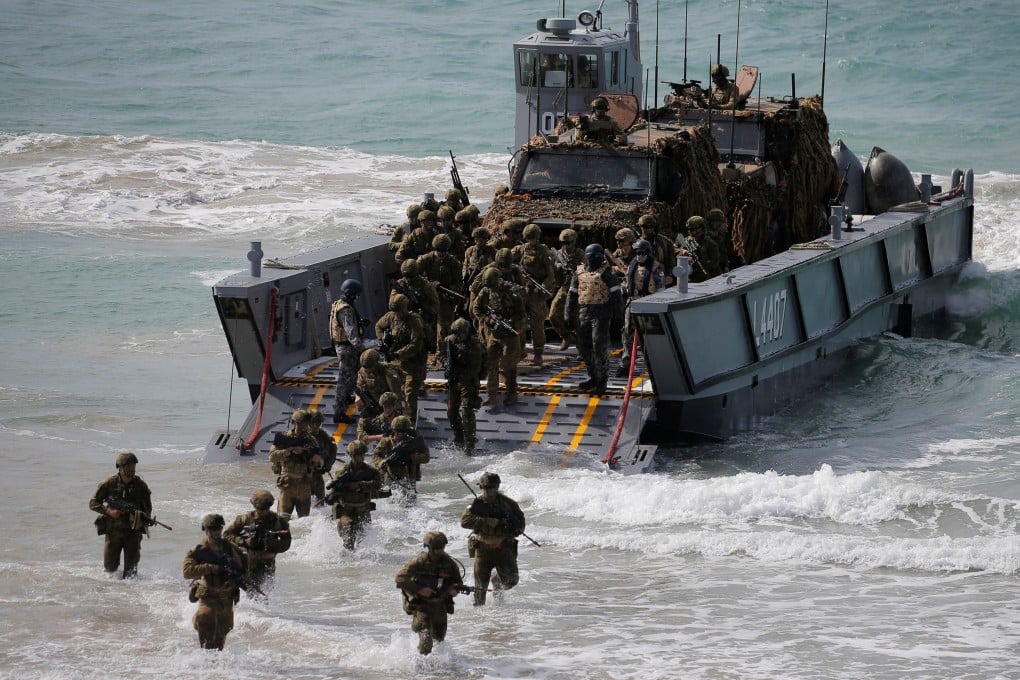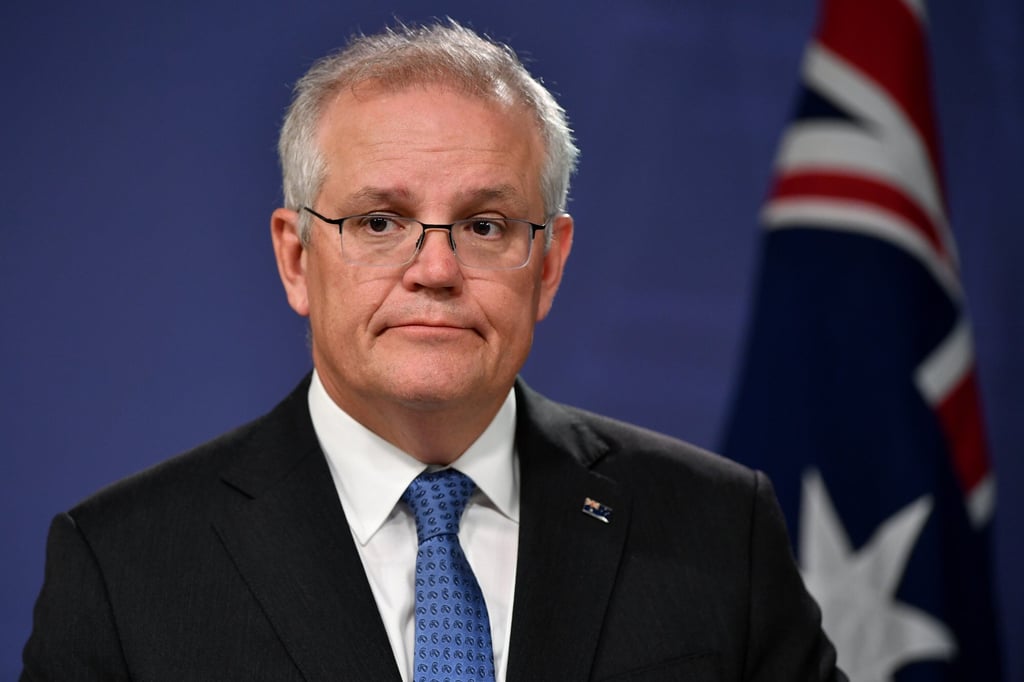Amid China warnings, Australia to spend US$581 million on military bases, joint exercises with US
- The spending will be used to upgrade an airstrip and improve training facilities for Australian defence personnel and US Marines in the Northern Territory, where thousands of American troops are based
- It was announced days after senior government figures raised the alarm about the ‘beating drums’ of war and the possibility of Australia becoming embroiled in a military conflict over Taiwan

Prime Minister Scott Morrison said Canberra would work with allies including Washington to focus on “pursuing peace, stability and a free and open Indo-Pacific, with a world order that favours freedom”.
“Working with the United States, our allies and Indo-Pacific neighbours, we will continue to advance Australia’s interests by investing in the Australian Defence Force, particularly across northern Australia,” Morrison said in Darwin, according to the Australian Associated Press.

The announcement comes days after two senior government figures raised the alarm about the possibility of Australia becoming embroiled in a regional military conflict.
Pezzullo, who made his remarks in a message to staff to mark Anzac Day, which commemorates Australians and New Zealanders killed in war, did not mention China by name.